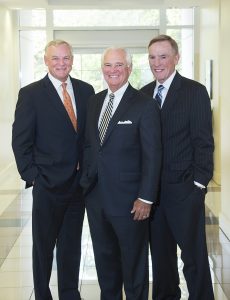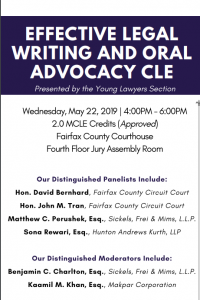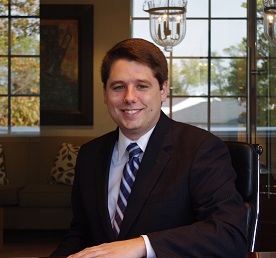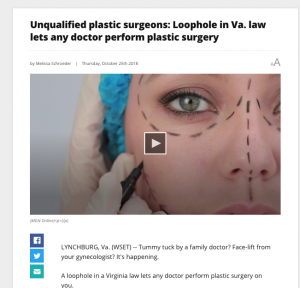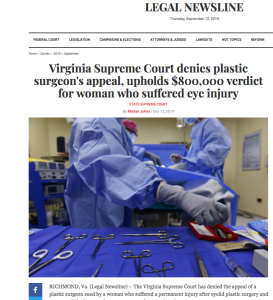 The Virginia Supreme Court has affirmed a trial win by attorneys Gary Brooks Mims and Matthew Perushek, leaving in place the $800,000 jury verdict for a woman who suffered partial blindness after a cosmetic eye procedure. Under Virginia law, plaintiffs are entitled to interest on the verdict amount until the appeal process is completed. In this case, that amounted to an additional $74,000 for the plaintiff.
The Virginia Supreme Court has affirmed a trial win by attorneys Gary Brooks Mims and Matthew Perushek, leaving in place the $800,000 jury verdict for a woman who suffered partial blindness after a cosmetic eye procedure. Under Virginia law, plaintiffs are entitled to interest on the verdict amount until the appeal process is completed. In this case, that amounted to an additional $74,000 for the plaintiff.
“While it is unfortunate that my client had to wait more than a year to receive compensation for her serious injury, we are gratified that the high court affirmed the verdict and sent a message that our cross-examination of the expert witnesses was appropriate,” said Mims, a partner with the Fairfax firm of Sickels, Frei and Mims.
Mims’ client was left functionally blind in her right eye after undergoing blepharoplasty to remove excess skin from her upper eyelid. (For more information, see the Case Result.)
 Virginia Injury Lawyer Blog
Virginia Injury Lawyer Blog


